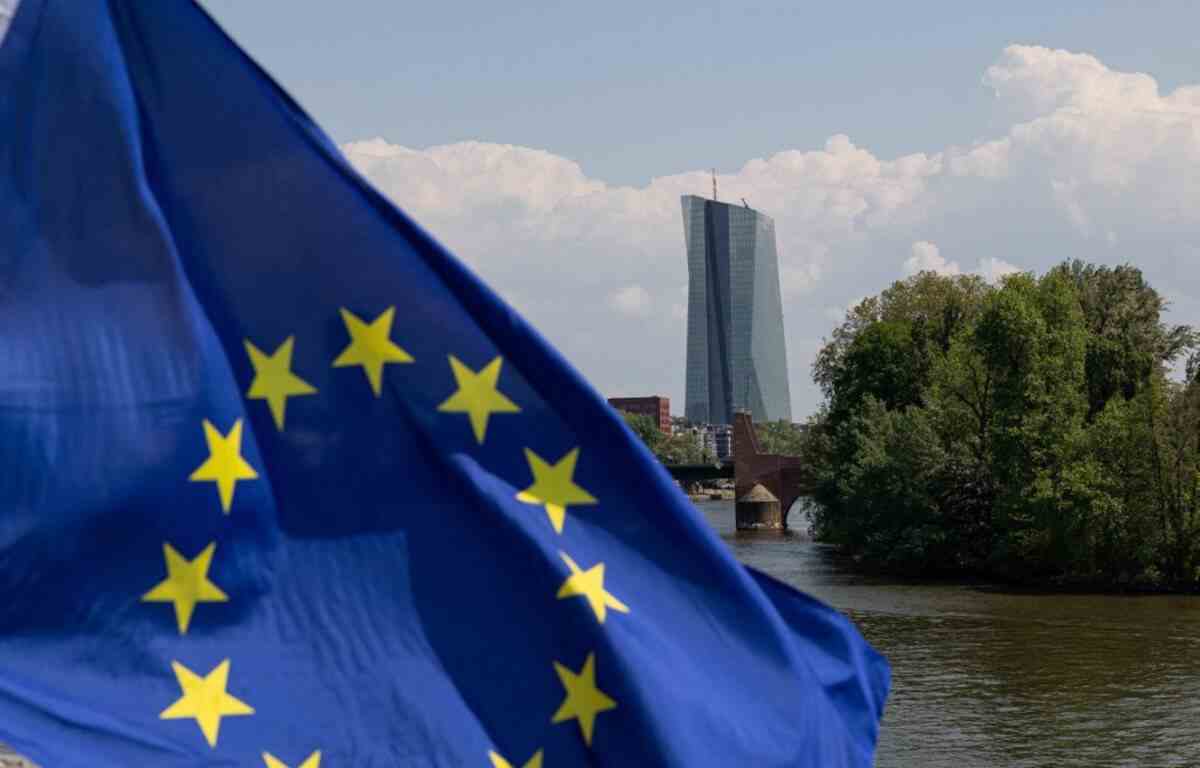This is a first since 2011. The European Central Bank (ECB) will increase its interest rates in July. This was announced by its president, Christine Lagarde, on Wednesday. “After the first rate hike, the normalization process will be gradual,” said the leader, who has been speaking since April of a “journey” carried out in stages, hinting at other rate hikes to come after the first initiation of the summer.
A decision supposed to fight against inflation, which is reaching record levels in the euro zone. Stéphanie Villers, an economist specializing in macro-economics explains to 20 minutes the consequences of this measure.
What’s going on with the ECB?
The European Central Bank will carry out monetary tightening with a rise in interest rates. This increase follows the policy of other central banks, such as the Fed, the American central bank or the Bank of England (BoE). In early May, the Fed raised its key rates by 0.5 points and the BoE raised its rate to its highest level since 2009. This increase in interest rates is supposed to fight against inflation. It reached the record rate of 7.5% over one year in April in the Euro Zone and is more than 8% in the United States.
How does raising interest rates help fight inflation?
We’ve all heard real estate advice in our lives: “Now is the time to buy, because rates are low”. Well, the idea is to do the opposite: when interest rates are high, you don’t buy less, you don’t borrow less, whether at household or business level. High interest rates make investments less attractive, because borrowing is more expensive, so investments decrease, as does business production and household purchases. We slow down the economy and thus, we slow down inflation. Since there is less demand, prices stabilize or decrease.
We must be careful not to raise rates too quickly and sharply, because slowing the economy too much could lead to a recession. It’s a fair mix, that’s why Christine Lagarde talks about increasing the rates, then returning to normal, then increasing them again… It’s a delicate balance.
Is it therefore a good solution to calm inflation in the euro zone?
There is a problem in this strategy with regard to the Euro Zone. In these countries, inflation is linked to the rise in energy prices or the price of imported agricultural products, ie products purchased outside the euro zone. Even if the ECB raises its interest rates, it will not change the price of Russian energy, so it is not certain that inflation will be reduced. You have to understand that we have an external inflation in a way, so it is more difficult to act on it.
In the United States, it is an inflation caused mainly by the rise in wages. For once, increasing interest rates has a real impact: companies will be less able to invest, therefore hire less, therefore reduce wages, which will have an effect on inflation.
Is the ECB taking a useless decision?
All the same not. First, it will still have an impact, even a diminished one, on inflation. Secondly, it makes the Euro credible again against the dollar, which was strongly preferred since the Fed’s interest rate hike. The wealthy prefer to invest their money in the United States, with more profitable interest rates. In France, currently, the 10-year interest rate is 1.5%, while in the United States, it is 3%. Inevitably, investing your money in the United States is much more profitable and profitable. The ECB’s mission is not to maintain the value of its currency, but it was not going to refrain from doing so and the fight against inflation is a very good pretext.
What does this change for households?
It will be more expensive and complicated to take out loans. It has already started: banks are becoming less flexible in their ability to grant credit: they ask for more guarantees, deadlines and less money to go out. Conversely, with high interest rates, savings risk becoming more profitable. In particular, we can envisage a future increase in the livret A, to bring it into line with the ECB’s interest rates. And more money kept means less consumption, and therefore less inflation.

